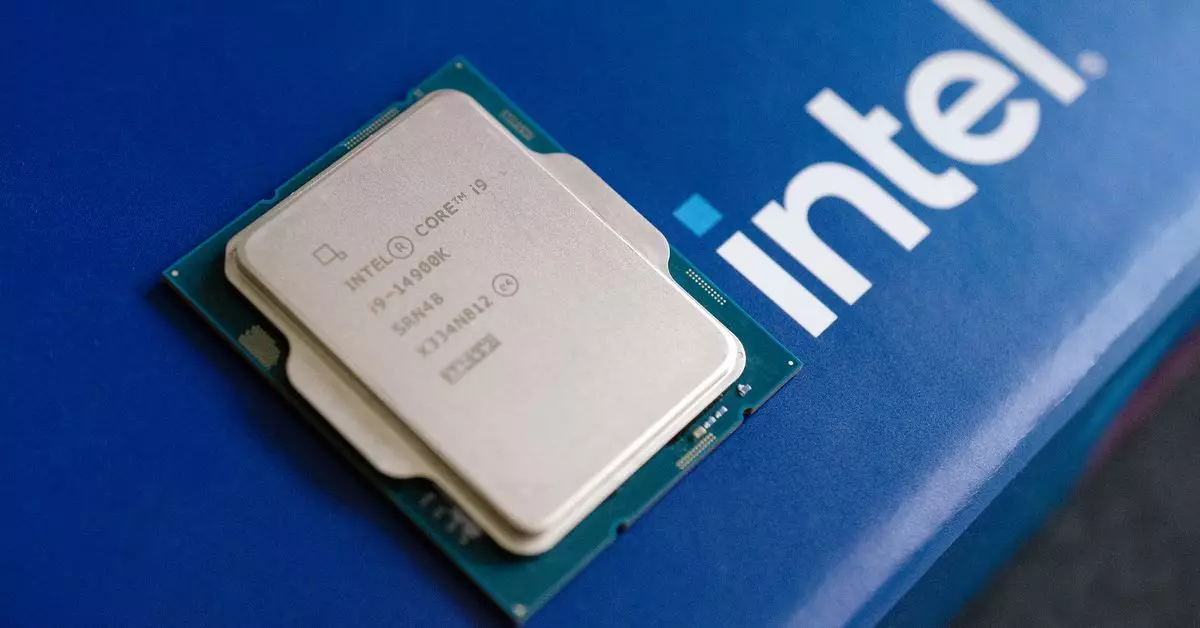The technology landscape is witnessing yet another turmoil, this time originating from Intel’s latest processor lineup, the Raptor Lake series. These 13th and 14th Gen CPUs have raised significant concern within the PC community, primarily due to a critical flaw that could potentially lead to permanent hardware damage. The crux of the problem lies in a newly released microcode update that aims to combat one of the underpinning causes of instability: excessive power demands during low-intensity tasks. This issue emphasizes the delicate balance between performance and reliability in modern computing.
Intel has issued microcode update 0x12B to motherboard manufacturers, serving as the company’s latest effort to address this predicament. The primary function of this update is to mitigate the risks associated with CPUs drawing too much voltage when they should be conserving energy. Excessive voltage applied during idle or light-use scenarios not only shortens the lifespan of the processors but also poses serious operational risks. However, despite the proactive measures being taken, this update will only be beneficial to future users; those who are already experiencing problems must take more drastic steps.
While updates from motherboard manufacturers are expected over the coming weeks, the timeline can be ambiguous. Users of affected systems are advised not to postpone necessary actions, especially since earlier BIOS updates already contain Intel’s previous microcode fixes aimed at stabilizing the processors. Yet, homeowners dealing with crashing systems should reassess their priorities. Rather than relying on new BIOS updates, which may prove futile for them, returning the faulty chips to Intel or their respective system provider is advisable. Intel’s extended warranty program should cover these issues—an essential consideration for consumers facing technical failures.
A critical aspect of this unfolding situation has been Intel’s lack of transparency regarding the scale and distribution of affected processors. Despite requests for clarity, the company has not disclosed how many Raptor Lake chips have been impacted or issued specifics about batches with known oxidization problems. Such ambiguity stirs unrest in the community, emphasizing the need for accountability and information from the tech giant. While Intel has maintained that its laptop Raptor Lake processors remain unaffected by these issues, the occasional scattered reports of instability continue to fuel skepticism among users.
As industry giants like Intel grapple with stability concerns in their latest offerings, consumers are left to navigate the complexities of hardware reliability. The introduction of microcode updates presents some hope for safer computing experiences in the long run. However, effective communication from manufacturers is pivotal in restoring trust. Intel must not only address current issues but also bolster customer support, ensuring that those facing crashes and malfunctions receive the assistance warranted under warranty provisions. Only through decisive action and open dialogue can Intel reaffirm its commitment to quality and reliability in the ever-evolving world of technology.

